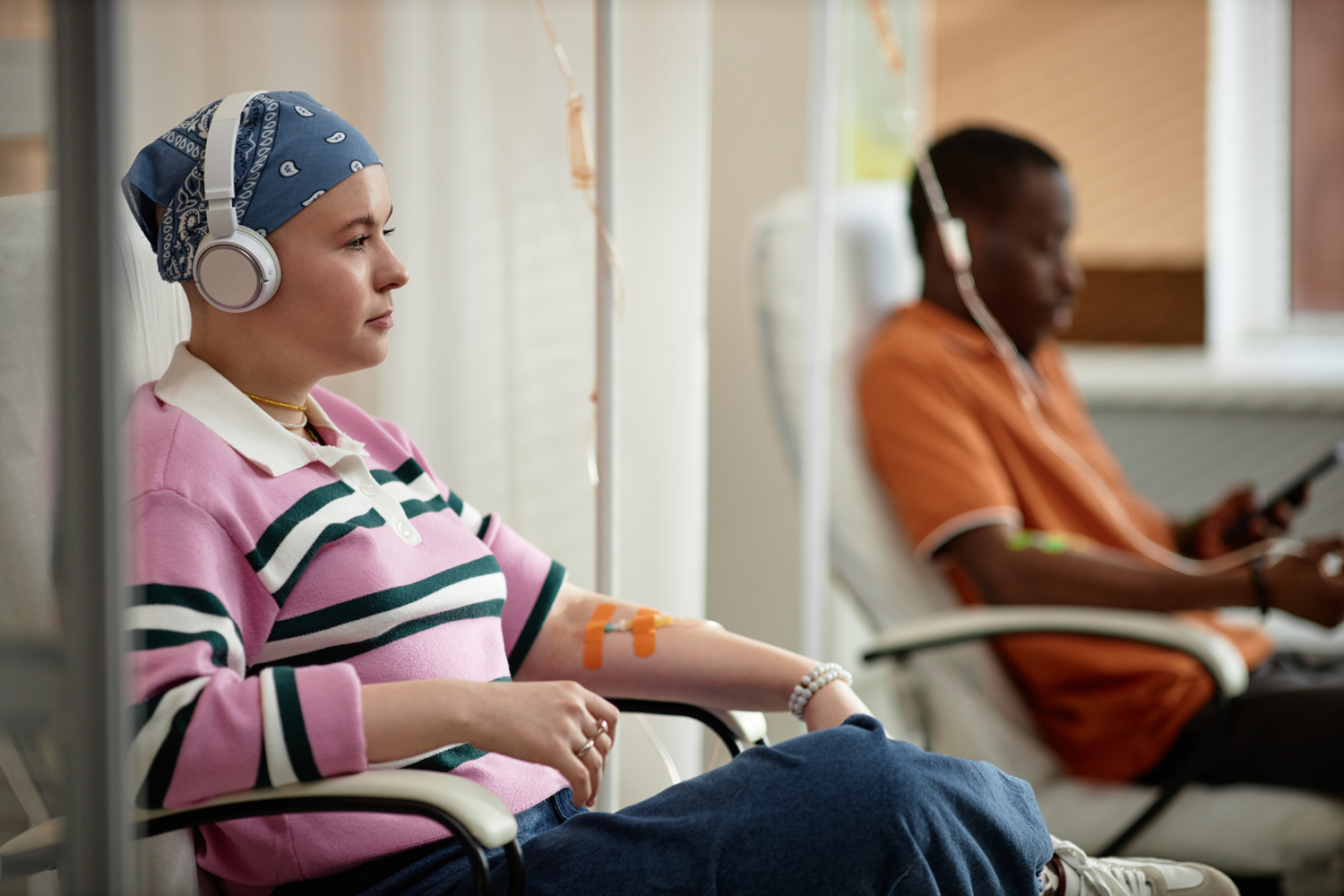Every week, the editors of Cancer Today magazine bring you the top news for cancer patients from around the internet. Stay up to date with the latest in cancer research and care by subscribing to our e-newsletter.
Cancer Survival Improves for Young Adults With ACA Dependent Coverage
A provision of the Affordable Care Act (ACA) passed in 2010 expanded dependent health care insurance to individuals 19 to 25 years old. Prior to the ACA, health insurance plans could remove adult children from their parents’ policies starting at age 18 even if they were in school or living in their parents’ home. A recent analysis in Cancer revealed that cancer death and survival rates six years after passage of the ACA improved among adults in this age group compared with younger and older age groups. According to the findings, adults 19 to 25 years old with cancer had a rise in relative survival rates 2.6 times greater than those in the 12 to 18 age group and 3.9 times greater than those 26 to 32 years old. The cancer death rate in the 19 to 25 age group improved 2.1 times and 1.5 times more than in the 12 to 18 and 26 to 32 age groups, respectively. Before 2011, those ages 19 to 25 had the highest uninsured rates of any age group; uninsured adolescents and young adults have worse long-term survival rates compared with those who are insured. “Primary care providers can now diagnose young adults on the ACA more adequately than they could before the ACA,” study author and pediatric hematologist-oncologist Michael Roth of the University of Texas MD Anderson Cancer Center in Houston told Healio. “They can diagnose cancer earlier and enable less therapy for more favorable stages of cancer, as well as better survival and higher cure rates.”
Breast Cancer Treatments Could Lead to Faster Cell Aging
A recent study in the Journal of the National Cancer Institute found that breast cancer treatment could speed up the aging process in patients’ cells regardless of the treatment type. Researchers tracked the gene expression of blood cells in women undergoing breast cancer treatment in search of genetic markers. These markers included inflammation and cellular senescence, which is when cells stop dividing, an important aging indicator. Researchers found these genetic markers in the cells of women undergoing chemotherapy, radiation or surgery, suggesting that the cells were aging faster than usual. “For the first time, we’re showing that the [aging] signals we once thought were driven by chemotherapy are also present in women undergoing radiation and surgery,” said researcher and study lead author Judith E. Carroll of the UCLA Jonsson Comprehensive Cancer Center in Los Angeles in a story on HealthDay. “We’ve only just begun to understand the long-term consequences of cancer therapy, and these findings are a critical step toward understanding the biological pathways that drive many post-treatment symptoms in breast cancer survivors.”
Vaccines: The Future of Cancer Prevention?
Researchers are developing and testing new vaccines intended to train the immune system to prevent cancer. Some vaccines aim to prevent cancer development in patients with inherited predispositions to cancer, while others have been created to destroy precancerous lesions that could lead to cancer. “It’s the future of cancer prevention,” gastroenterologist Ajay Bansal of the University of Kansas Cancer Center in Kansas City said in an overview of cancer vaccine progress in the Wall Street Journal. Bansal is investigating three vaccines for people with Lynch syndrome, an inherited condition that leads to greatly increased colorectal cancer risk. The hepatitis and human papillomavirus (HPV) vaccines already prevent liver cancer and cervical and other cancers, respectively, that are caused by infections. The new generation of vaccines are meant to treat cancers that are not caused by infections, which is the case for most cancer types, by stimulating and directing the immune system to respond to abnormalities in the cancer cells. Medical oncologist Neeha Zaidi of the Kimmel Cancer Center at Johns Hopkins in Baltimore is developing a vaccine to generate an immune response to mutated KRAS proteins, which can initiate tumor growth for lung, pancreatic and other cancers. In an early trial of 15 people at high risk for pancreatic cancer, all of the participants generated an immune response against KRAS proteins. Where current immunotherapies release the brakes on the immune system, vaccines like the one Zaidi is developing aim to boost immune response and point it to the tumor. “Cancer cells and even pre-cancer cells know how to hide from the immune system,” said Zaidi. “It needs that help from a vaccine.”
Cancer Today magazine is free to cancer patients, survivors and caregivers who live in the U.S. Subscribe here to receive four issues per year.





